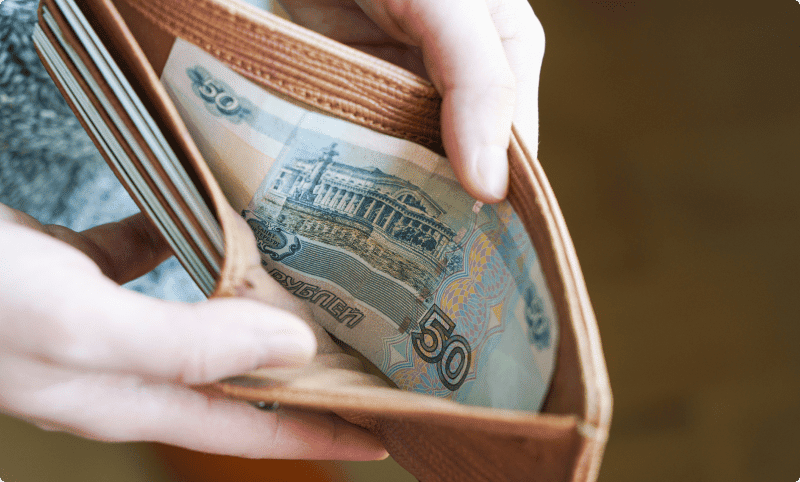As a Brit, if I travel to Germany how would I communicate?

Do I need to know German to travel to Germany?
No, you don’t need to know German to travel to Germany, however, knowing just a tad bit of German goes a long way especially if you plan on visiting multiple cities and places and will need to travel by train or coach.
Do Germans speak English fluently?
Yes, most Germans under the age of 40 know English very well and would be able to help you in many situations. However, Germans over 40 probably never studied English at school and therefore won’t be able to communicate with you if not in rudimentary English. Usually this is just about what you need whether you are at the local Bäckerei or asking for directions in Berlin or Munich. But it may be more difficult if you have to interact at the bank. Normally, most big international banks will provide you with an English-speaker customer specialist, but that may not be the case always. If such happens, it’s better to ask locals to accompany you and translate for you. Young people at the bank may be able to help you without a problem.
Basic German phrases to know your way around during your trip
- Hallo (Hello)
- Tschüss (Bye)
- Bitte (Please)
- Danke (Thanks)
- Entschuldigung (Excuse me)
- Sorry (Sorry)
- Können Sie mir helfen? (Can you help me?)
- Sprechen Sie English? (Do you speak English)
- Wo finde ich den Bahnhof? (Where do I find the train station?)
- Wie viel kostet das? (How much does it cost?)
- Wann fährt der nächste Bahn? ( When’s the next train?)
- Entschuldigung, Ich habe mich verlaufen. Können Sie mir helfen? (Excuse me, I am lost. Can you help me?)
- Ich habe eine Reservierung. (I have a reservation)
- Ich möchte bitte einen Tisch reservieren. (I’d like to book a table, please)
- Ich möchte bitte zahlen. (I’d like topay, please)
- Prost! (Cheers!)
- Guten Appetit! (Enjoy your meal)
- Die Rechnung, bitte. (I’d like the bill, please)
- Stimmt so. (Keep the change)
- Mein Name ist… (My name is…)
- Ich komme aus Grossbritannien. (I’m from the UK)
- Wie geht es dir? (How are you?)
- Auf Wiedersehen (Goodbye)
5 useful phrases that Germans use
Wir sind ja nicht aus Zucker.
Literal meaning: We are not made of sugar.
The rain is not going to melt you. Get out there and enjoy life even if it’s raining, don’t keep home to yourself!
Rechts stehen, links gehen.
Literal meaning: Right stays, left goes.
If you use the escalator, you may very well know this rule, although implicitly. People in a hurry should have the left side free for them to walk up fast. Everyone else can stand on the right side and go about their day leisurely.
Das ist nicht mein Bier.
Literal meaning: That’s not my beer.
Germans drink tea as well, but not nearly as much as we do in Britain. For them, it’s all about beer. And if it’s not their beer –well, that means it’s not their cup of tea!
Jetzt mal Butter bei die Fische.
Literal meaning: Now it’s time to butter the fish.
The fish is burning, the same way the conversation is going nowhere. Get that butter on the fish! Or, put simply, get to the point!
Drück mir die Daumen.
Literal meaning: Press your thumbs for me.
Germans have strange customs. But they don’t actually ‘press thumbs’, this is just an idiomatic expression meaning: “Wish me luck!”